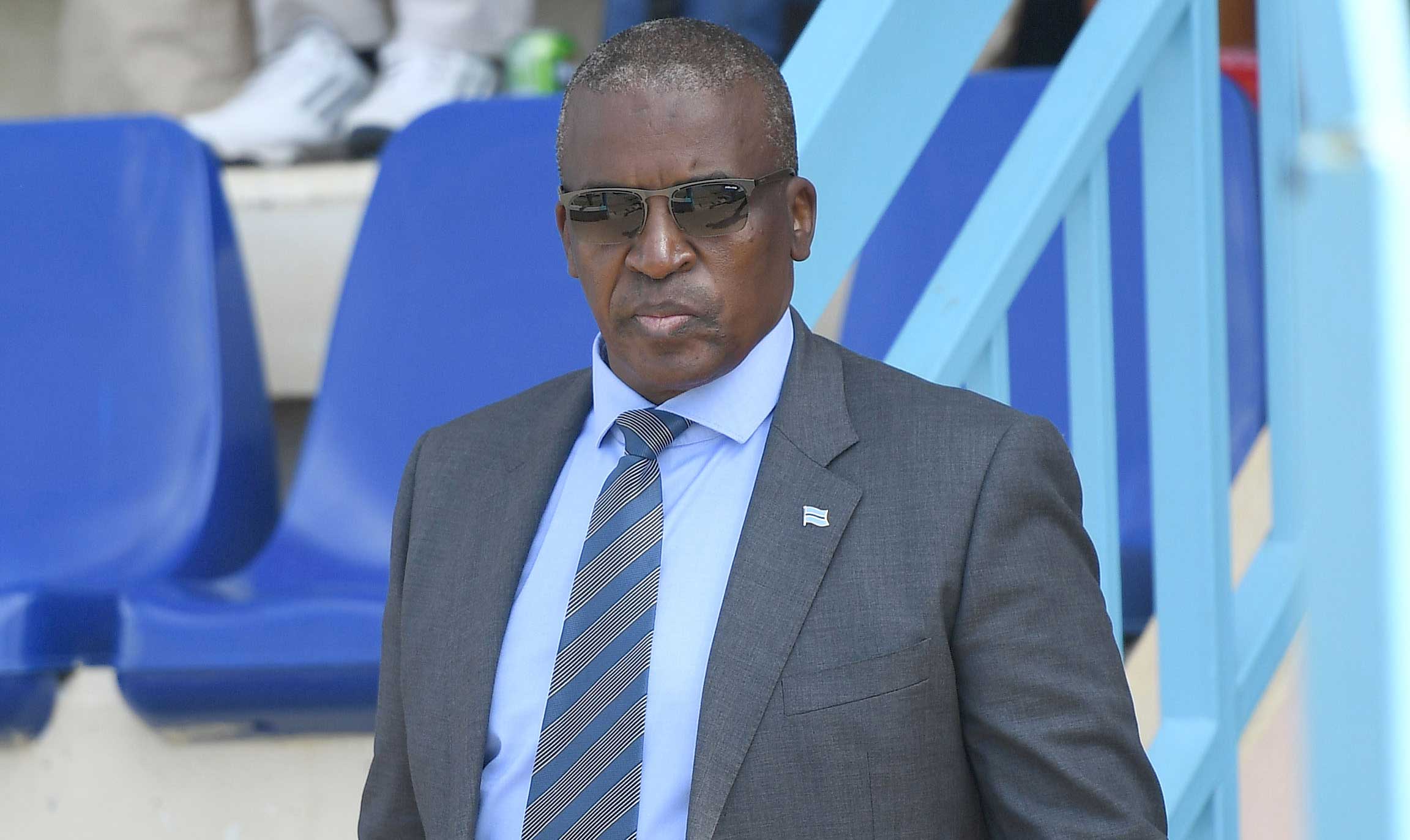- Court not convinced Kgosi is critically ill
- Israel trip dents Kgosi’s ‘critically ill’ credibility
- State prepares for extradition process
TEFO PHEAGE
Broadhurst Magistrate, Tshepo Thedi, has reinstated the warrant of arrest she issued in July against former Directorate of Intelligence and Security Services (DISS) director general, Isaac Kgosi, compelling the ex-spy chief to come back home and face the music.
The warrant of arrest is an addition onto the heap of troubles besieging Kgosi, currently said to be bedridden in Malaysia due to a spinal problem.
In her ruling yesterday, magistrate Thedi said the applicant’s legal team, Messrs Unoda Mack, Thabiso Tafila and Diba Diba stated that Kgosi was critically ill and was bed ridden in Malaysia, but copies of his travelling documents indicated that he had been able to travel to other countries, in particular Israel.
According to the court, this meant that Kgosi was not as critically ill as claimed by his lawyers. The court said he could have easily travelled back to Botswana to comply with his bail conditions.
The state charged Kgosi with disclosing the identity of intelligence agents and obstructing them in their course of duty. The case is ongoing at the Regional South Magistrate.
He left Botswana on May 28 this year and ended up in Malaysia where he was later reported to be undergoing surgical treatment that required at least eight weeks to six months of close monitoring by his Malaysian specialist.
The state argued that Kgosi had travelled to different destinations and that records indicate that he entered Malaysia on July 13 contrary to what his lawyers are saying.
When the court requested Kgosi’s travel documents from May 28 to July 13 this year, they found that Kgosi had actually spent two weeks in Israel before going to Malaysia.
Kgosi’s stay in Israel, Thedi said, meant that he had not been as critically ill and as bed ridden as had been claimed by his lawyers.
“If Kgosi could travel to Israel, nothing stopped him from coming to Botswana to hand himself over to the Police,” she concluded.
Thedi said the warrant of arrest against Kgosi is in effect, a process that empowers the state to arrest him anytime and anywhere they could find him.
Extradition process issues
Legal experts caution that the extradition process may take a while as the two countries do not have a common treaty. Extradition treaties establish the conditions under which extradition to and from the signatory countries may take place and are legally binding on the signatory countries, obliging them to act in accordance with the agreed conditions. This is said to be ensuring greater transparency and clarity in the extradition process.
According to the Malaysian extradition law, a requesting country sends a warrant for the arrest of a fugitive to the Minister of Home Affairs who then verifies the document, and then tells a Magistrate Court to issue a warrant for the fugitive’s arrest. The Magistrate can also issue the warrant based on information from INTERPOL (the International Criminal Police Organisation).
When the fugitive is caught, they are put before a Sessions Court in Malaysia and given a chance to show evidence that they should not be extradited. If the Sessions Court accepts the evidence, the fugitive will be released. But if a preliminary case has been proven, the fugitive is locked up until the Minister orders their surrender to the requesting country. The law also empowers the fugitive to challenge his detention as unlawful, a process that may prolong the entire process.




